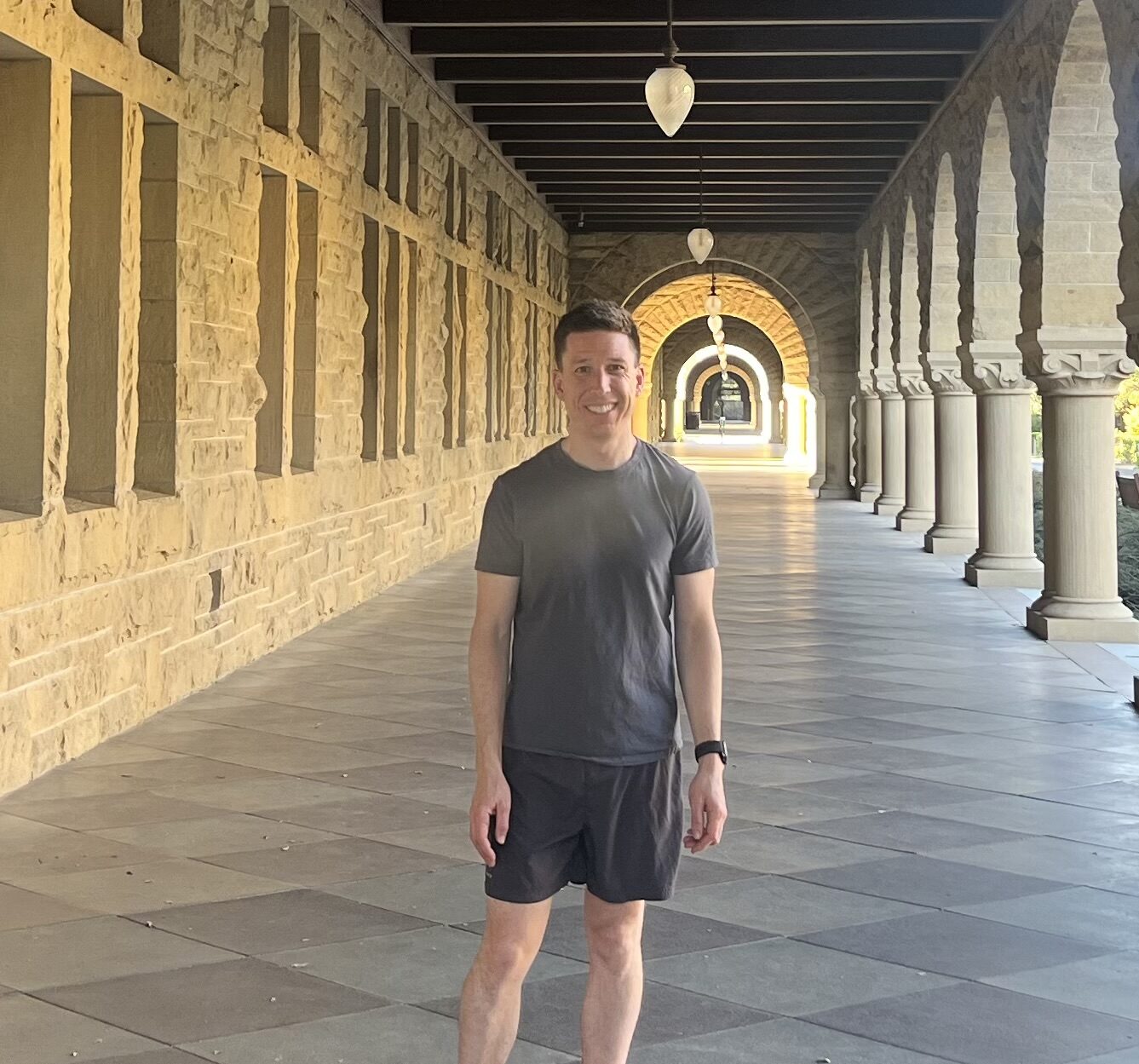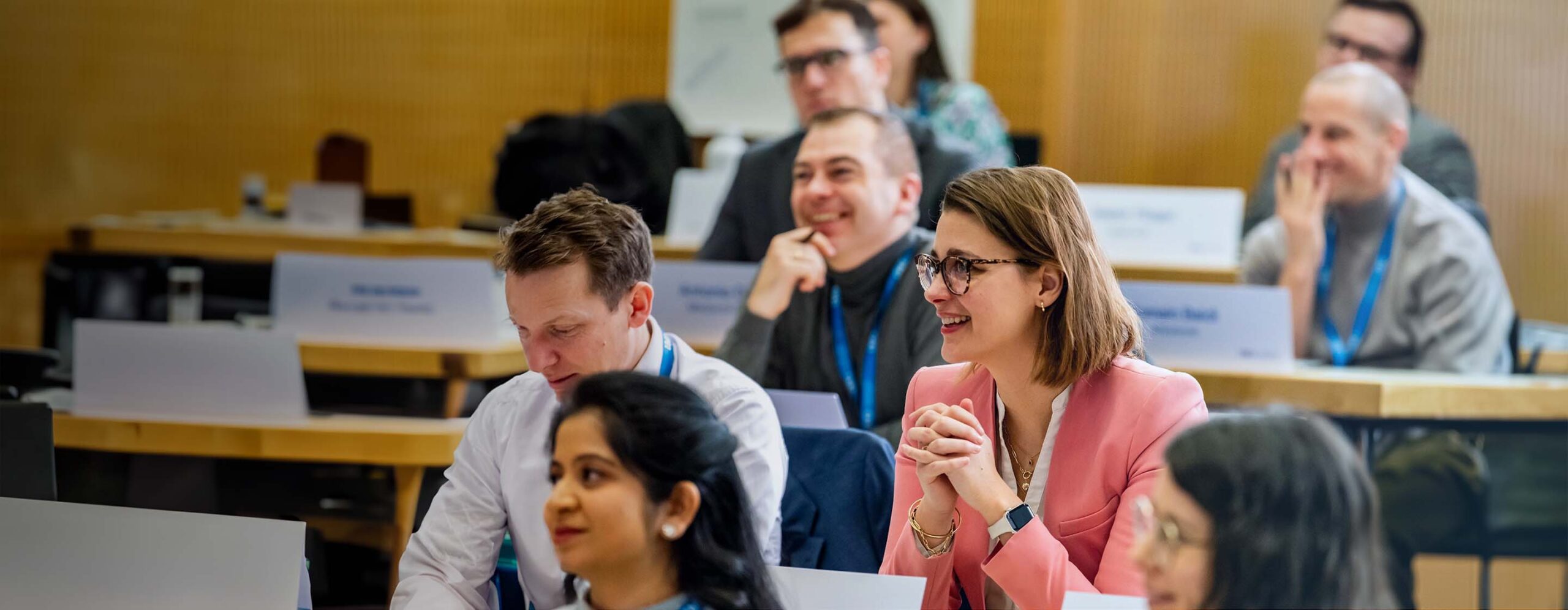
Andrew Maguire views challenges and disruptions as opportunities to adapt and grow. By embracing this mindset, he avoids the energy-sapping effects of a crisis mentality, allowing him to build resilience and stay focused on success.
As Managing Director of AAW Group Holdings and PIL Australia, an Australian- based logistics and shipping group with its head office in Melbourne Australia, Maguire knows that the logistics industry is inherently unpredictable. “There’s always variability, always something happening,” he says. “So, for us, it becomes more business as usual.”
He believes that if every unexpected change, disruption, or problem is seen and handled as a crisis, it can be draining and ultimately counterproductive. “But if you accept that you’re in an inherently challenging industry, it becomes part of your daily work, something you must deal with,” he explains.
Although Switzerland is far from Australia, Maguire chose to pursue his EMBA at IMD after thorough research. He was particularly drawn to the flexibility of online modules and the combination of academic rigor with practical application. He believes IMD excels at providing ‘real impact and real learning.’
“If you’re already managing a department, business, or region, the assignments at IMD can directly relate to your business. I saw the assignments as an opportunity to drive change within my company,” he says.
With a keen interest in management theory, Maguire appreciates being exposed to different management perspectives. He believes that the best strategies emerge when you consider a range of viewpoints. One theory that resonates with him is the emergent strategy theory, which he finds particularly relevant to his work in logistics.
In his industry, however, predicting market and customer evolution over just five years can be a challenge. “We’re heading in a certain direction, but trying to design every part of our strategy scientifically doesn’t work,” he explains.
For Maguire, applying management theory in a scientific, rigid way holds no appeal. He was open to having his preconceived notions about how strategic theories should be applied challenged at IMD.
“The biggest benefit for me was testing out theories and discussing them with professors, gaining validation that management theories aren’t always black and white,” he says. “In pop culture, management theory is often presented as a simple cause and effect – do this, and that will happen. But at IMD, we were told, ‘Here are some general frameworks that might work, but you need to figure out what works for you.’ And the professors were there to support our learning journey in that space.”
Before entering the field of logistics, Maguire spent many years in banking, working in Singapore, London, and Melbourne. When he transitioned between industries, people often remarked on how different banking and logistics must be. “But I told them that actually, they’re not that different,” he says. “In both, you’re either a principal or an agent, utilizing your assets – or other people’s assets – to generate profit. The fundamentals are quite similar.”
At IMD, Maguire gained even more confidence in applying his banking experience to the logistics sector, something he thoroughly enjoys. “Taking knowledge from one industry and testing its success in another is fun and can be very rewarding,” he says.
Outside of work, Maguire has a passion for health and fitness. He enjoys running, skiing, and playing golf. But these aren’t just weekend activities for him. During his lunch hour at work, he often goes for a jog.
“Maybe by going for a run, I can help remove the stigma around using your lunch hour for exercise or doing something else,” he says.
Maguire understands that leading by example and shaping the decision-making environment are probably the best ways to gently influence change in staff behavior.
“We are also adding showers to our offices, and I think that being a choice architect is one of the best ways to encourage people.”


